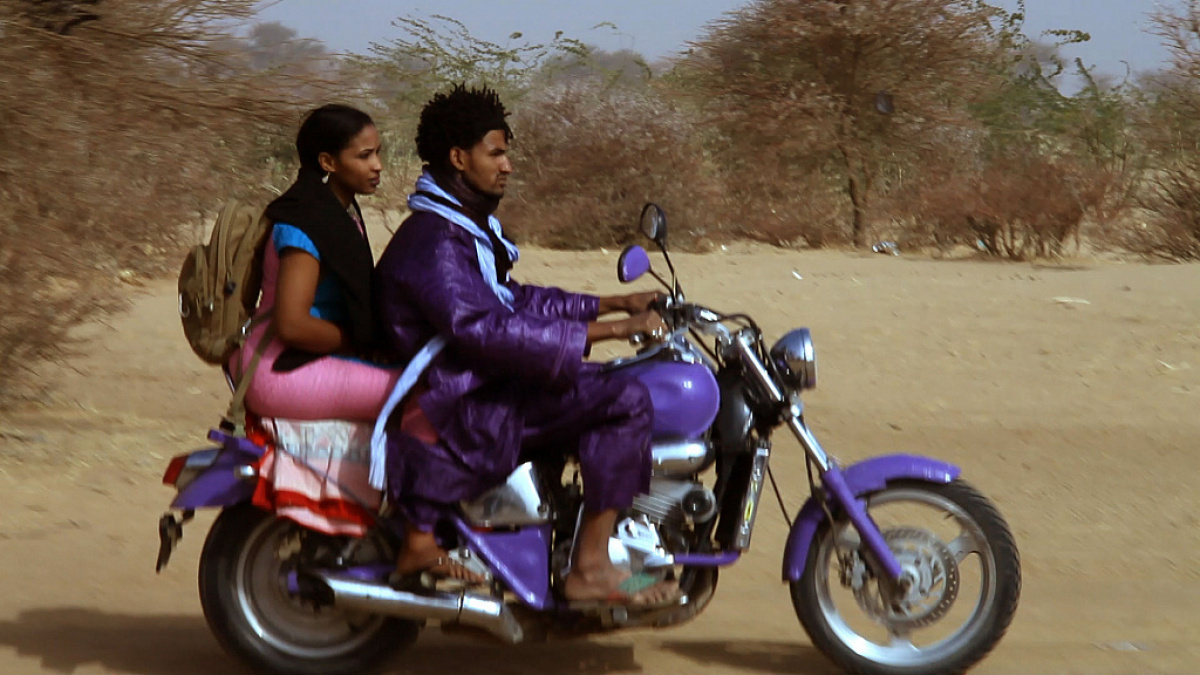From a Western perspective, non-Western films are expected to be mainly driven by content, to portray the «misery» of the Other. Formal experiments are still rarely appreciated. Read an essay about the need to depart from so-called authenticity towards new stories.
All too often, those of us who hail from the Global South face a particular set of unspoken expectations regarding our cultural productions. Among these expectations is the implicit demand for untarnished authenticity, which translates to a desire for the Other to appear as Other: as strange and untouched by Western culture. As such, the Other should look and sound different, but the perverse joke is that the projected authenticity surely ceased with the first steps of Western Colonization and the subsequent dispossession and subjugation of indigenous peoples and their lands.
Remain Victims
The need for authenticity serves to satisfy the West’s ongoing desire to understand the ever-mysterious strangers and their habitats. Accordingly, artistic and cinematic productions by these (formerly) colonized subjects must be legible and representative as such. Film producer Irit Neidhardt has said that Arab filmmakers «barely have a chance to do anything except to represent the Other». European funders and spectators alike expect films that represent the filmmakers’ origins to explain their culture to a Western audience. This insistence, according to Neidhardt, can only result in the perpetuation and affirmation of stereotypes. In addition to this, there is a constant demand for misery (Neidhardt 2010). Show us how difficult your life is, how you don’t have the same fundamental freedoms as we do – remain victims!
Considering these implicit expectations, there is a disproportionate demand for documentaries that extends to what is allowed in fictional works, as fiction should portray the same misery and struggle, albeit dramatized. Anything outside this given framework is not supported. How many films can we name with a predominantly Black cast that do not speak about Black struggle?
It becomes painfully clear that fiction is for the privileged, uncomplicated subjects of the Global North, while those from the Global South are restricted to being documents-to performing their realities, whether actual or projected. Formal experimentation, abstraction, even entertainment and (so-called) universal themes such as love, friendship, dreams, and disappointments are neither expected nor desired, unless they explicitly relate to a racialized struggle and political geography.
Fear of Similarity
In the words of feminist writer Cherrie Moraga, «it is not really difference the oppressor fears so much as similarity. He fears he will discover in himself the same aches, the same longings as those of the people he has shitted on. […] He fears he will have to change his life once he has seen himself in the bodies of the people he has called different» (Moraga 1981, 27). And so, to portray a love story, a story of a dream journey into music, as is the case in Akounak Tedalat Taha Tazoughai (2015), amounts to a political statement precisely by not making this claim. It is a remake and homage to Prince’s Purple Rain (1984) and the first Tuareg fiction film in the local Tamashek language. However, the film’s title, which translates to Rain the Color Blue with a Little Red in it, points to the lack of a Tamashek equivalent for the word purple.
But despite the absence of the word, the color itself does exist. Just because something is not immediately translatable doesn’t mean it’s not there: this, I believe, touches on the need for fiction, for imagination. Fiction as a demand for more, as a move beyond literal translation and explanation. A necessary departure from the projection of so-called authenticity and the fixation on facts and legibility. Instead, we must all insist on space for new stories to emerge, to invent futures, and reinvent our pasts. Not to copy, nor to equate, but to remake.
